
The majority of HIV infections are sexually transmitted or are associated with pregnancy, childbirth and breastfeeding.
Our work links prevention with treatment, care and support, reduces HIV-related stigma and discrimination, and responds to unique regional and national characteristics of the epidemic.
Articles by HIV and STIs
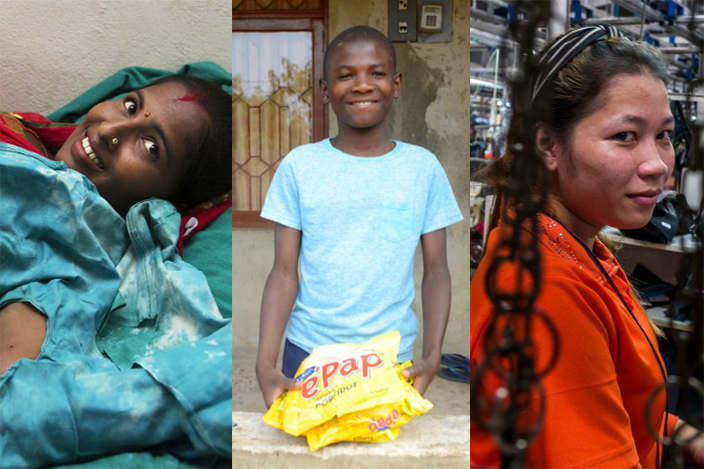
20 March: International Day of Happiness
Our Member Associations around the globe help bring happiness to people every day, by allowing them to access the sexual and reproductive rights they are entitled to. This International Day of Happiness, we’re sharing just a few of the stories of those who told us they were glad to be the recipient of IPPF services. "I’m so happy I now don’t have to worry about contraception for another 5 years" – Muna, Nepal Muna, now 21, got married when she was a teenager and soon had two children, a girl and a boy. She was keen to know more about her contraception options, particularly after flash flooding hit her country. IPPF Humanitarian, through the Family Planning Association of Nepal, were able to step in to help her. Read more about Muna "I am happy about life here" – Antonio, Mozambique 12-year-old Antonio moved in with his aunt after both his parents died from HIV-related illnesses. Antonio is also HIV positive, and with the help of IPPF Member Association AMODEFA, his aunt was able to tell him about it in an appropriate way, and to seek medication that best suited him. Read more about Antonio "I was very happy when my daughter was born" – Sineang, Cambodia After three years of marriage, garment worker Sineang had started to wonder why she hadn’t yet become pregnant. After noticing some vaginal discharge, she visited a Reproductive Health Association of Cambodia clinic to seek treatment, and for support on her journey to become a mother. Read more about Sineang
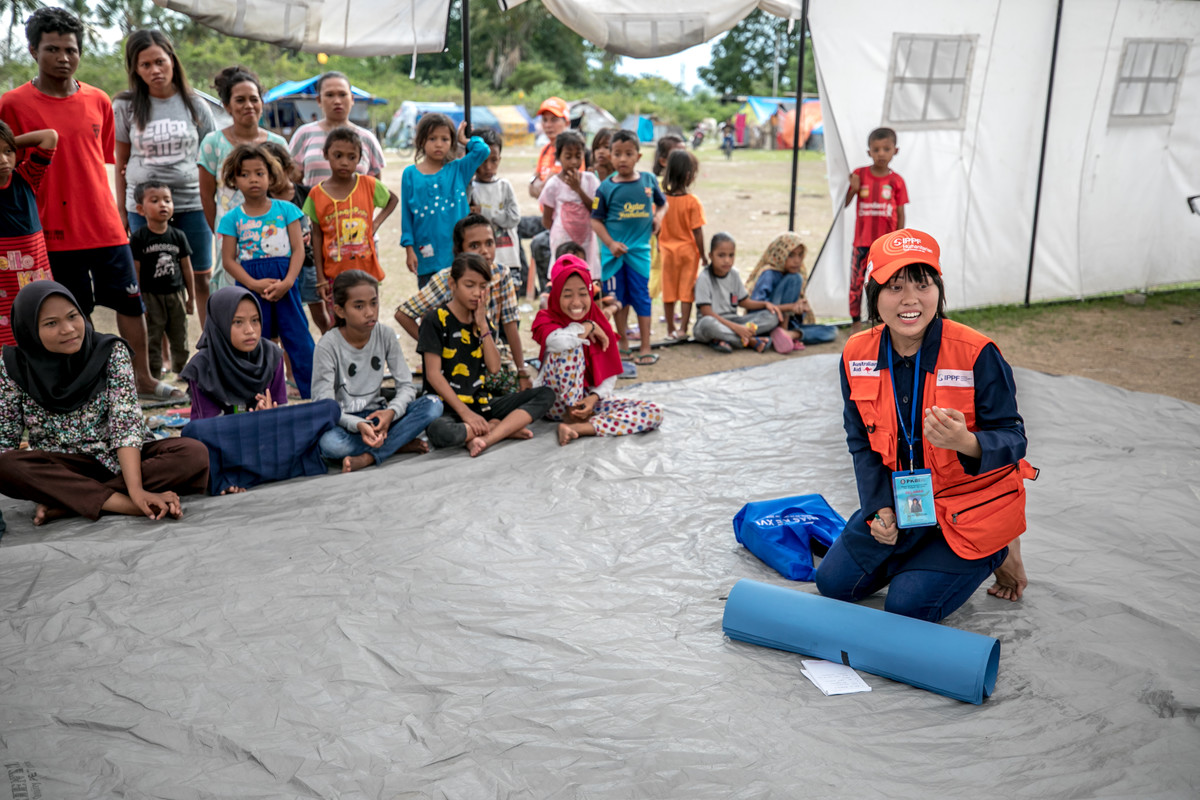
Indonesia: Youth volunteerism in the aftermath of a triple disaster
Statement: The Global HIV Prevention Coalition
Joint statement by Dr Alvaro Bermejo and Professor Sheila Tlou, the co-chairs of the Global HIV Prevention Coalition welcoming the Global Partnership to Eliminate all forms of HIV-related Stigma and Discrimination: "Addressing stigma and discrimination remains at the core of ensuring effective scaled HIV prevention programmes and HIV programmes overall. Efforts and investments to eliminate stigma and discrimination, which are violations of human rights, remain insufficient. The Global HIV Prevention Coalition and the actions on comprehensive prevention programmes, addressing biomedical, behavioural and structural issues, called for in the 2020 HIV Prevention Roadmap include stigma and discrimination. People face discrimination every day based on who they are, who they love or what they do or how old they are. Human rights challenges, including stigma and discrimination, denial of sexual and reproductive health and rights, punitive approaches and misuse of criminal law remain key barriers to an effective HIV prevention response. The Global HIV Prevention Coalition looks forward to working closely with GNP+, UN Women, UNDP and the UNAIDS Secretariat to accelerate global action towards the elimination of HIV-related stigma and discrimination to help close prevention, testing, and treatment gaps."
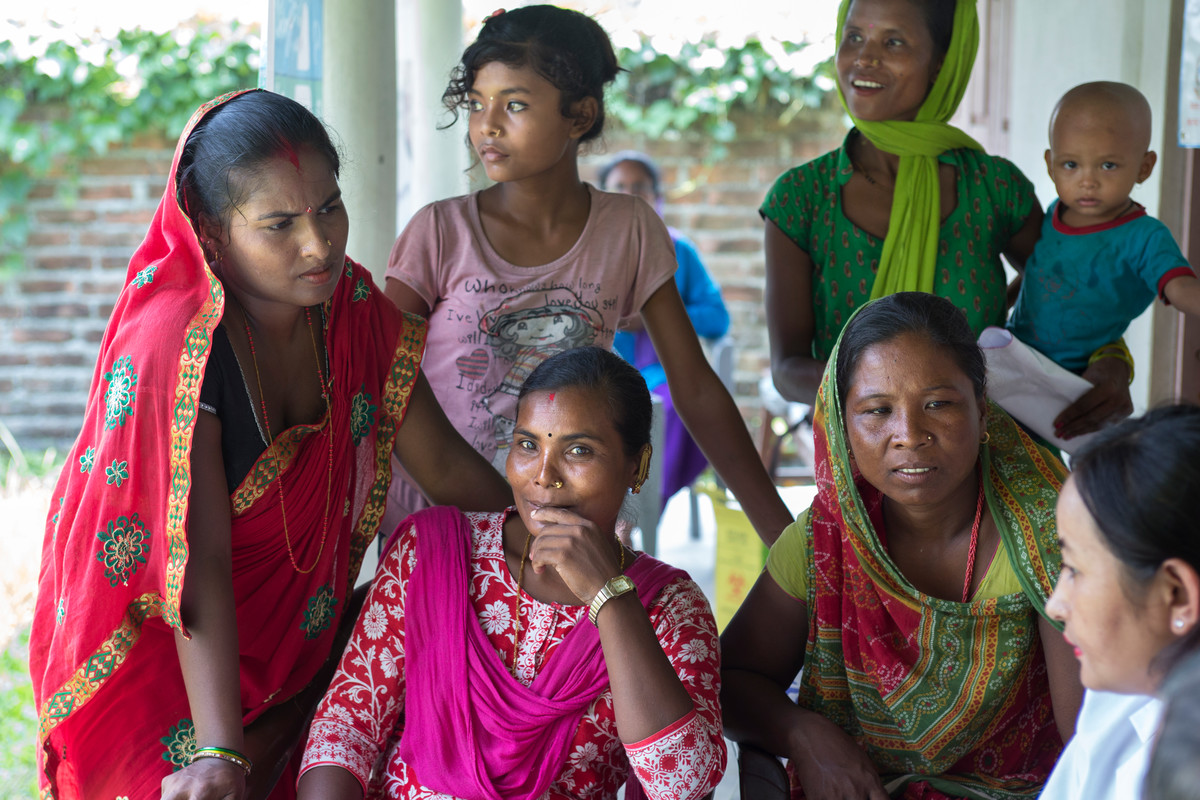
Leaving no one behind: Universal health coverage and sexual and reproductive health and rights
Universal health coverage means ensuring every person has access to quality, affordable health services and plays a pivotal role in achieving global development targets. Healthy populations can better contribute socially and economically, while poor health is a major driver of poverty. Universal access to sexual and reproductive health care services is identified in the Sustainable Development Goals as an essential contributor to ensuring healthy lives and promoting well-being for all at all ages. IPPF, together with the London School of Hygiene and Tropical Medicine, undertook a literature review looking at progress to date in and challenges to achieving universal access to sexual and reproductive health and rights. The review, Leaving no one behind, is illustrated with case studies on Afghanistan, Cambodia, Kenya and Sudan. Supported by the Japan Trust Fund.

Quiz: "Can I get HIV from kissing?"
World AIDS Day: “Can I get HIV from kissing?” and other questions answered1 December is World AIDS Day, an opportunity for us all to unite in the fight against HIV, to stand in solidarity with the 36.9 million people living with HIV around the world, and to commemorate those who have died from an AIDS-related illness. Over the past few decades, HIV and AIDS have been discussed a lot, but what do you really know about them? Find out in our quiz >> 1/10. True or false: HIV and AIDS are the same thing2/10. How might HIV be transmitted from one person to another?3/10. If both sexual partners have HIV, then they don’t need to worry about using condoms – true or false?4/10. There are 36.9 million people living with HIV globally. How many of them are not aware of their HIV status?5/10. Can people living with HIV safely have children?6/10. HIV only affects certain groups of people – true or false?7/10. Which of the following is the best way to prevent transmission of HIV and other STIs?8/10. True or false: If you have taken an HIV test already, then you don't need to do it again9/10. How long should you wait before going for an HIV test?10/10. What does being “undetectable” mean?Good try! If you learned something new today, scroll down to share this with friends :point_down:Pretty good! If you learned something new today, scroll down to share this with friends :point_down:Great work! If you learned something new today, scroll down to share this with friends :point_down:
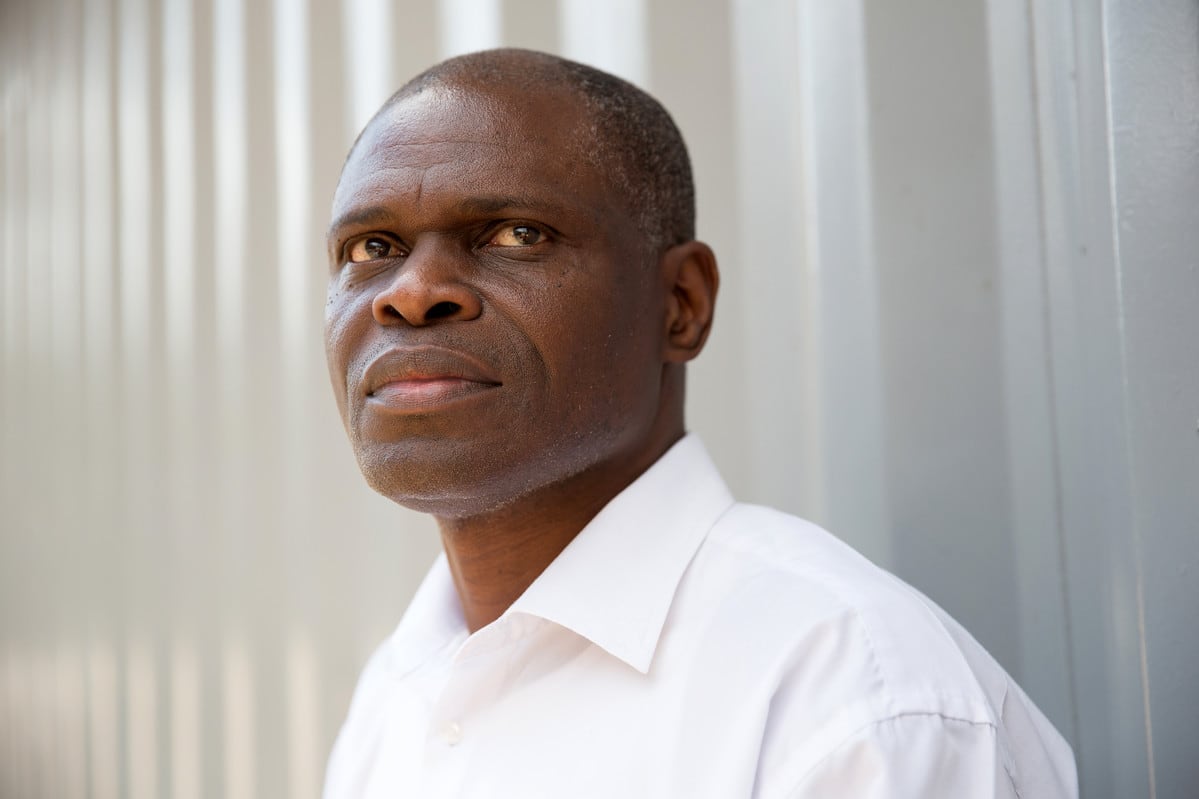
“We are losing precious time"
In November 2017, Planned Parenthood Association of Zambia (PPAZ) received the news that they must cease all USAID funded programmes. The stop order was a result of the 'Global Gag Rule' (GGR), also referred to as the Mexico City Policy. The reinstatement of the policy has resulted in Planned Parenthood Association of Zambia losing 46% of its funding. You can learn more about the Global Gag Rule here. “When I lost my job as service delivery manager [at PPAZ USAID's Open Doors project], I felt like a part of me had died, I’m very passionate about this. I look forward to seeing a day where everybody will be free to access health services without stigma and discrimination, especially public health facilities. That’s what I’d like to see, [I] want to see integrated services, being provided to key populations, without stigma and discrimination, and fear of being arrested." The Global Gag Rule The reinstatement of the ‘Global Gag Rule’ resulted in the termination of Planned Parenthood Association of Zambia grant for the USAID Open Doors being terminated. Chipili says “We didn’t expect its implementation to come with the termination of the grants suddenly. We thought that we were going to be given time, a year, one year to work and complete the project and hand over to the partner that was going to take over the responsibilities that Planned Parenthood Association of Zambia handled.” The termination of the project means progress that has been made, especially the work done to help reduce the number of HIV and STIs cases among the key populations will be undone. Progress, that is desperately needed to meet Zambia’s targets on HIV reduction. “We are losing precious time. We have got targets to meet as a nation, we need to ensure that by 2020 we reach the 90/90 goals, set by UNAIDS, and also the country has a broader vision of eliminating the threat of HIV, HIV as a public threat by 2030. So if we have such stumbling blocks, then the targets might not be met. And then these key populations are also linked with the general population, we have men who sex with men, they also have partners, some of them are married, and if we don’t get into their networks, HIV and STIs will end up in the general population, therefore putting everybody at risk." Other impacts have been the increased vulnerability and the lost investment of peer promoters from the key populations and loss of safety and security that was provided by the organization. Loss of safety and security “For safety and security, key populations cannot freely go to facilities they don’t know very well. The clinic setup was the most ideal set up for them. No one would question them, because this is open to everybody. But now what the project is doing, they are renting houses, the USAID is renting houses where they are providing services, so a house is very different from a clinic, that also affects the element of sustainability. The element of sustainability has also been lost because PPAZ has been here for a long time, since 1972, so we were hoping that the project was going to build the capacity for PPAZ to continue providing services to key populations that are free from stigma and discrimination. That has been lost. To me it’s a lost opportunity.” The Zambia National AIDS/HIV Strategic Framework for 2017 to 2021, bears a strong emphasis on leaving no one behind when it comes to stopping the HIV/AIDS epidemic. “No one should be left behind, if we are to reduce HIV infections to zero, if this is not done, the dream, the vision will not be achieved, we cannot afford to start pointing fingers, we have to use the public health approach and eliminate the risk of HIV infection amidst our people”.
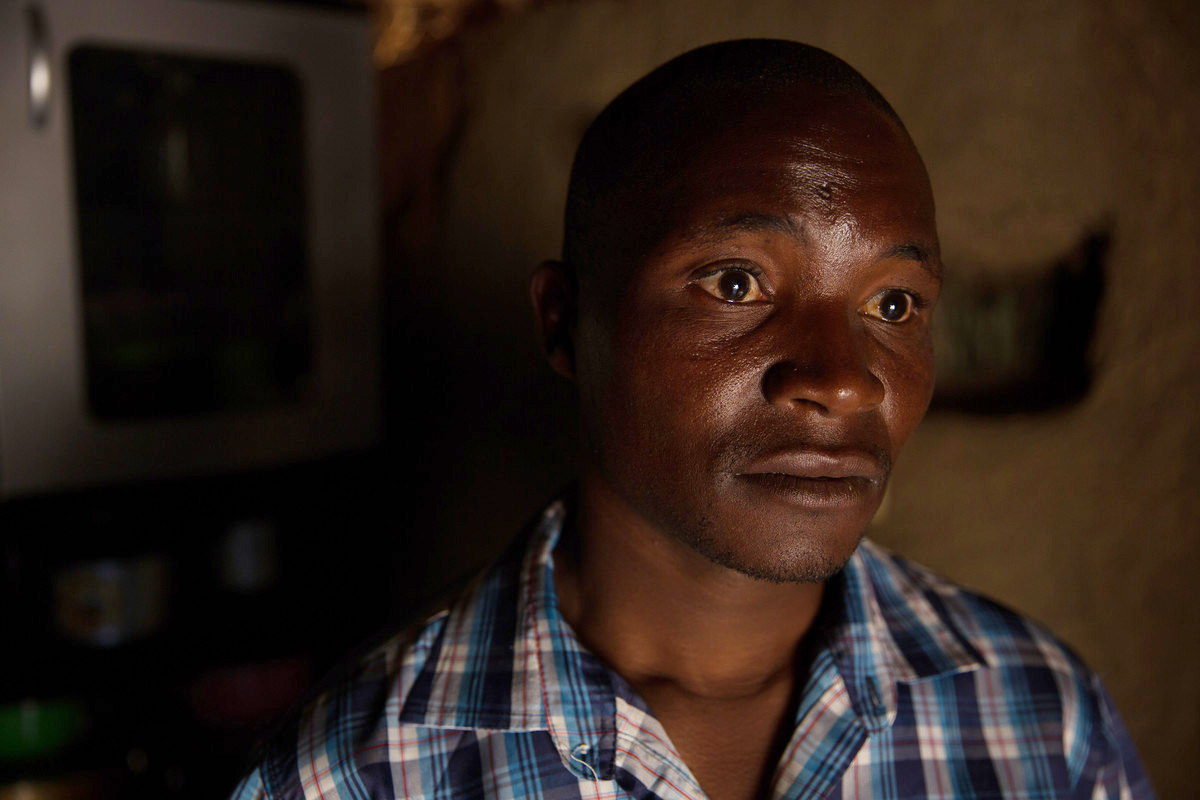
"The community really appreciated the services we were offering"
In November 2017, Planned Parenthood Association of Zambia (PPAZ) received the news that they must cease all USAID funded programmes. The stop order was a result of the 'Global Gag Rule' (GGR), also referred to as the Mexico City Policy. The reinstatement of the policy has resulted in Planned Parenthood Association of Zambia losing 46% of its funding. You can learn more about the Global Gag Rule here. "My name is Thomas, I’m 34 years old. At PPAZ I worked as a peer educator and counsellor, I used to work on the outreach programmes in the community to offer access to health services like voluntary counselling and testing, we also used to sensitize women on the importance of family planning. We also used to refer women we would find had different problems, to the facilities so they can access health services. We also used to help by giving information on things like HIV prevention and signs and symptoms to look out for. At other times, since the places were very far, we would take the services from the facilities to where the people were, so PPAZ used to help us do that. I was at the clinic when they came to tell us that PPAZ would no longer be involved in the project because the funding had been stopped. It was a challenge for us because the services that people had become accustomed to in the communities, HIV counselling and testing services levels reduced because we couldn’t manage to go and take these services to them in the places where they live. When we worked with PPAZ we used to put condoms in these places for them, in the bars and taverns, and even pool tables. Now that PPAZ is gone, the government cannot meet the supply of condoms needed in these places, even the services can’t be offered on the same scale. Unable to meet needs in rural areas Like you can see here, I look after my grandmother and other family members and that money [peer educators' allowance] used to go a long way in helping us look after our children and buy food, and other things. At the moment it is very difficult. Nyangwena is a very big place, it also includes 14 villages, so there are many people in this area. With the money that we were given through PPAZ, my friend and I would manage to get tyres for a bicycle and go to these places, we’d cycle distances as far as 14Km away. It was very helpful; the community really appreciated the services we were offering because we used to take them to the people. We would be very happy if PPAZ were to start them again because we would really help our communities a great deal with these services. Even school children would go and access them, at the youth-friendly corner twice a week. Information is really needed amongst these school children."
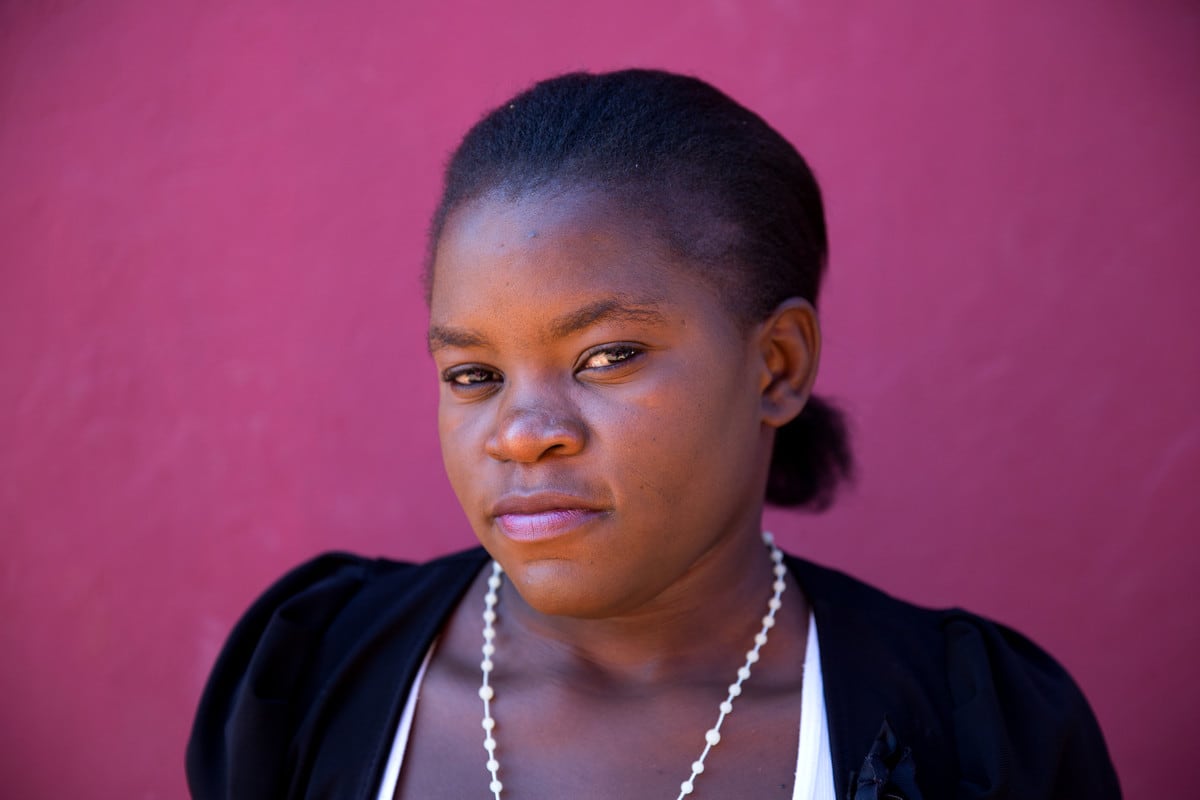
"If I hadn’t come at that time to get help I would have been seriously ill"
In November 2017, Planned Parenthood Association of Zambia (PPAZ) received the news that they must cease all USAID funded programmes. The stop order was a result of the 'Global Gag Rule' (GGR), also referred to as the Mexico City Policy. The reinstatement of the policy has resulted in Planned Parenthood Association of Zambia losing 46% of its funding. You can learn more about the Global Gag Rule here. “My name is Joyce. I live in Sopoloyi with my grandmother. I tested positive for HIV, around November, but was doubtful about starting treatment. I stayed away for three months and came back in January, to retest, when they asked if I wanted to start treatment right away, I refused, because I wasn’t ready. I told my sister what happened and explained that I had tested positive for HIV, so she advised me to go back and start treatment as soon as possible, because the longer I waited the more I was wasting away. I returned to the clinic and I was given medication for two weeks. I was changed and put on another course for a month. I would go back every two weeks to get medication, then gradually I was given a course for two months. From the time I commenced treatment till now, there’s a clear difference, my body is slowly coming back to normal. I felt very safe, I was happy that they protected me, if I hadn’t come at that time to get help I would have been seriously ill, the medication wouldn’t have helped me at all, but now I have been on medication I feel much better and my body is also getting better. They are still giving me medication. They need to continue giving us the medicines and the information, because at least they tell us that once we start we are not supposed to skip any dose, even when you feel fit, you can’t stop because the virus multiplies everyday by a thousand, so the more you take your medication it keeps the virus levels low, so I would say they need to continue. All I am asking is that they don’t stop giving us this treatment because a lot of people will suffer or even die without these medicines.”
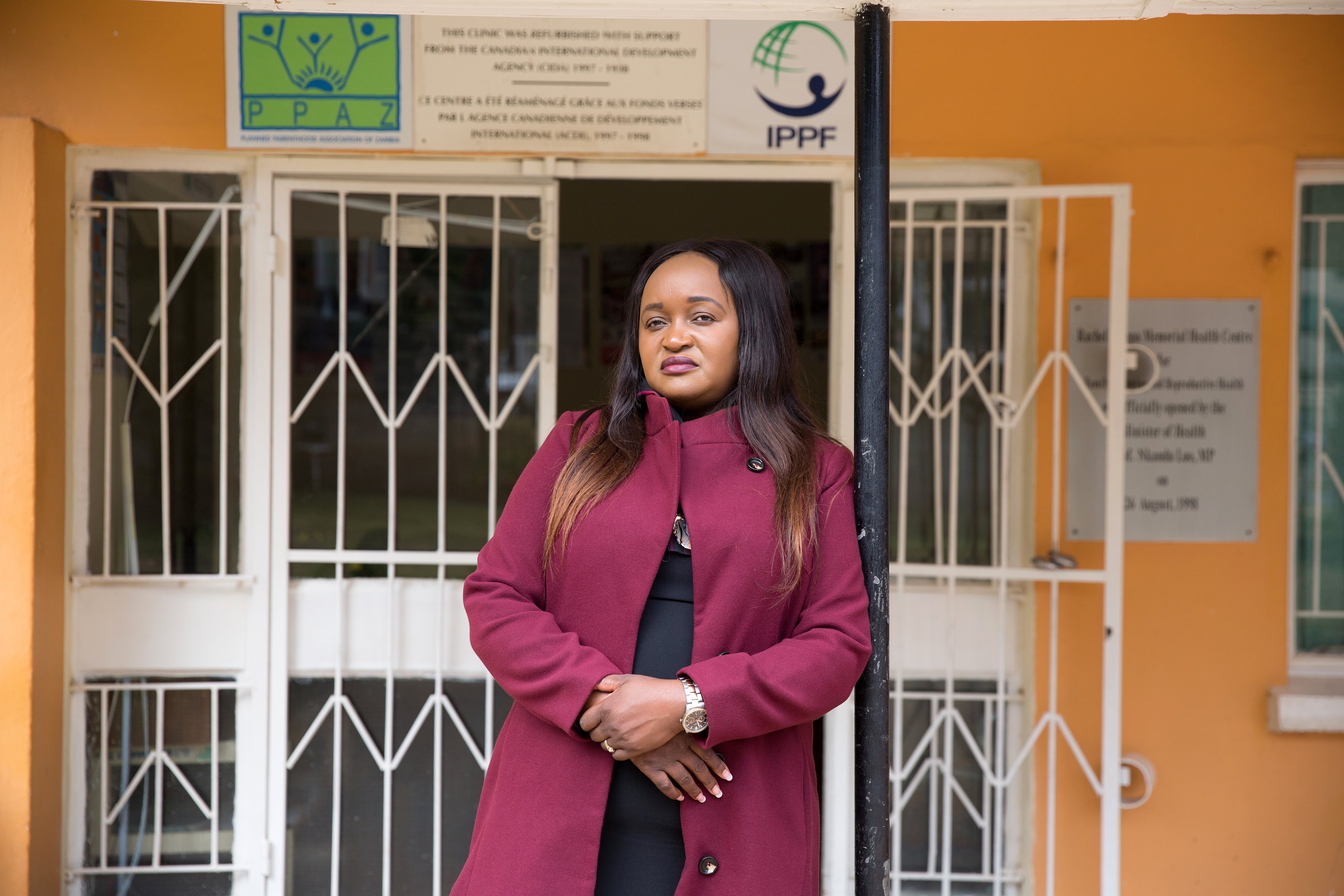
Decades of progress in sexual health care under threat in Zambia
For 50 years, the Planned Parenthood Association of Zambia (PPAZ) has provided sexual and reproductive health care, including contraception, safe abortion, HIV treatment. Through their Open Doors and Zambia Community HIV Prevention Project (Z-CHPP), PPAZ has become a safe-haven to access integrated health care; particularly to the many who would not normally be able to seek health care without fear of discrimination, like men who have sex with men and sex workers. These services are critical in a country like Zambia where being LGBTI and sex work is against the law. Yet, since the Global Gag Rule was reintroduced in January 2017, this vital care and support for local communities can no longer continue due to loss of funding. Since November many of PPAZ's services have already closed leaving communities with limited or no access to healthcare, and staff with no jobs. The Global Gag Rule impact Executive Director Joan N. Kamwale, based at the Lusaka clinic, was faced with breaking the news to her team that they would no longer have jobs, and to the many people they supported that they would no longer have access to PPAZ's safe space and quality of health care. “The 'stop order' came on the 17th of November 2017 and we closed on the 31st of December 2017. During the festive season, we were busy handing over everything. It was so depressing and very hectic not knowing where the next funds would come from and how to manage the situation with our clients. They already knew the clinic, so it was a very difficult time and moment for PPAZ to try and ensure our clients we would continue to provide the service”, explains Joan. “Now, in a week, we might see about maybe, 30 or less than 50 people, depending on those who come to the facility. Since now it is mandatory to test [for HIV], so we just rely on those who come to the facility. But before in a month we’d go to over 100, like 150 – 200 people, it was that high”, said Viness Kamulenge a physiotherapist and team leader at the Nyagwena clinic in Rufunsa. Young people in Rufunsa that were part of the sexual health and adolescence programmes fear that there will be a rise in teenage pregnancies as they have already seen a reduction in attendance and engagement. “Now there is a gap in the information flow and I am seeing a lot of my friends falling back into risky behaviour. The gap needs to be addressed. I have learned a lot about teenage pregnancy and but now that there is no information it will be a problem”, says 18-year-old student, Precious. Losing a safe place Many communities actively sought out PPAZ's clinics because of their reputation as a safe place but now those that visit can’t even take a seat in the waiting area. The social network that promotes PPAZ's health care relies on a trusted chain of communication that ensures those wanting to access information, will be protected and most importantly not judged, especially among the LGBTI and sex work communities. With a lack of available healthcare there is already evidence of people 'hiding away'; afraid to go to the government-run institutions where they feel discriminated against. “I am a former sex worker and this project helped me bring some of my friends who need the services. It was important for me to let them know how important it is to know their status and keep them healthy. This place was a key population friendly clinic. Now they will have to go to places where they might not get the right attention”, said Maczoline, a former peer promotor on the Open Doors project. Lovemore ‘Moses’ Lungu identifies as transgender, he joined the programme as a peer promoter after a friend told him about a place where he could get medical treatment without being judged. Inspired by his experience, he became a PPAZ peer promoter, encouraging other friends to seek health care. “At other places, we are unable to talk about the conditions that we find ourselves in. It is embarrassing, and people judge you. At PPAZ I could explain my condition without anyone judging me. They just helped me get the medication. A lot of my friends who need help now have nowhere to go and they are staying away”, said Lungu. Accessing treatment and care is vital for people living with HIV. Joyce has been living with HIV for two years and after initially struggling to accept her status received a treatment plan and support through PPAZ. “I felt very safe, I was happy that they protected me, if I hadn’t come at that time to get help I would have been seriously ill. From the time I commenced treatment till now, there’s a clear difference, my body is slowly coming back to normal. All I am asking is that they don’t stop giving us this treatment because a lot of people will suffer or even die without these medicines”, says Joyce. A threat to progress PPAZ is now operating at less than half capacity. Having lost 46% of its funding, PPAZ is looking to source funding from elsewhere. Partnering with the government has brought some relief with assistance being given for medical resources. The effects are evident and real and if not addressed immediately threaten to reverse decades of progress made in combating and mitigating some of the country’s vital sexual health care provision. “We were told of the Gag Rule but we didn’t expect for it to be done immediately. It came abruptly. There is usually a period for notice but there was no notice. We had 26 staff on site and at the head office, almost everyone was let go. The sad part is the increase in the disease burden. If they [key populations] are not accessing services that are stigma-free and discrimination-free, the disease burden, among the key population will increase", says former PPAZ Service Delivery Manager, Chipili Mulemfwe.
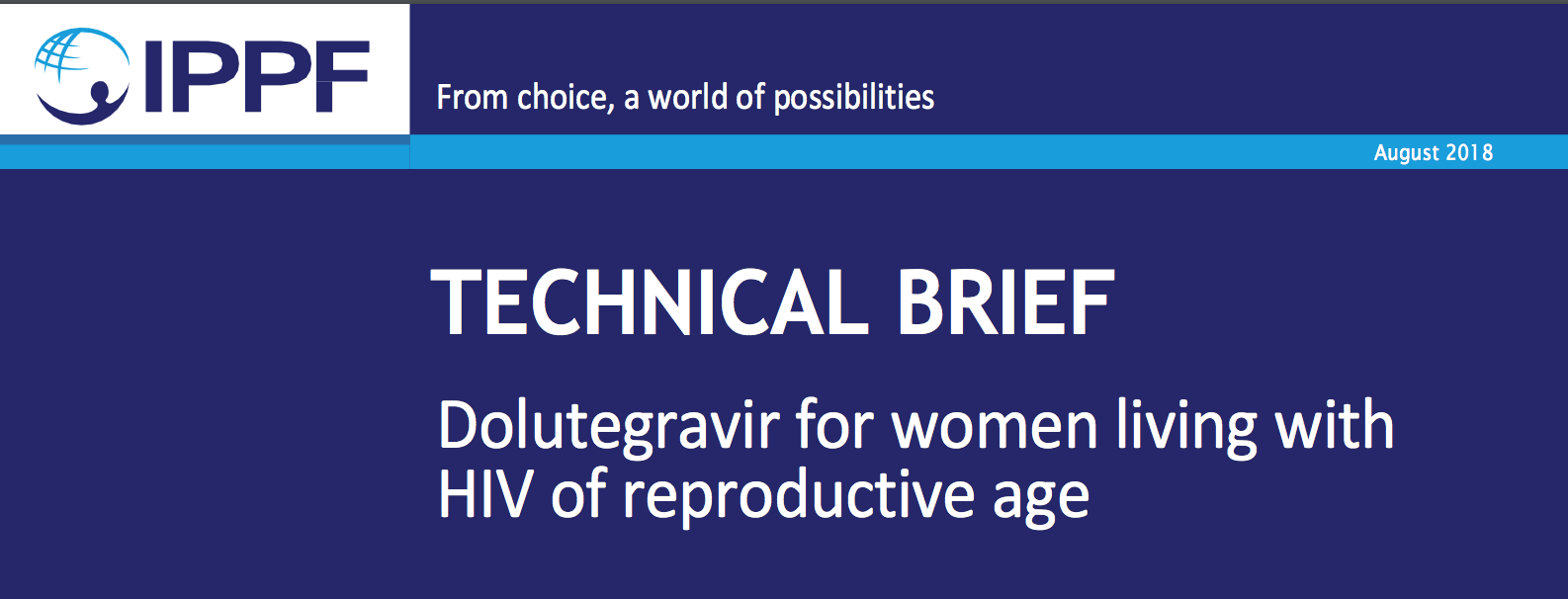
Technical brief: Dolutegravir for women living with HIV of reproductive age
In May 2018, the World Health Organization (WHO) reported a potential safety issue concerning dolutegravir (DTG), a common first-line antiretroviral treatment drug that is used to prevent and treat HIV infections. Preliminary findings from a study in Botswana found an increased risk of neural tube defects in infants born to women taking DTG at the time of conception. As a result of this study, WHO’s revised guidance on antiretroviral regimens for treating and preventing HIV infections, released in July 2018, include a caution on use of DTG by women and adolescent girls of childbearing potential. This brief aims to provide an overview of the research to date, current WHO guidance, and recommendations for IPPF.
Pagination
- Previous page
- Page 4
- Next page







